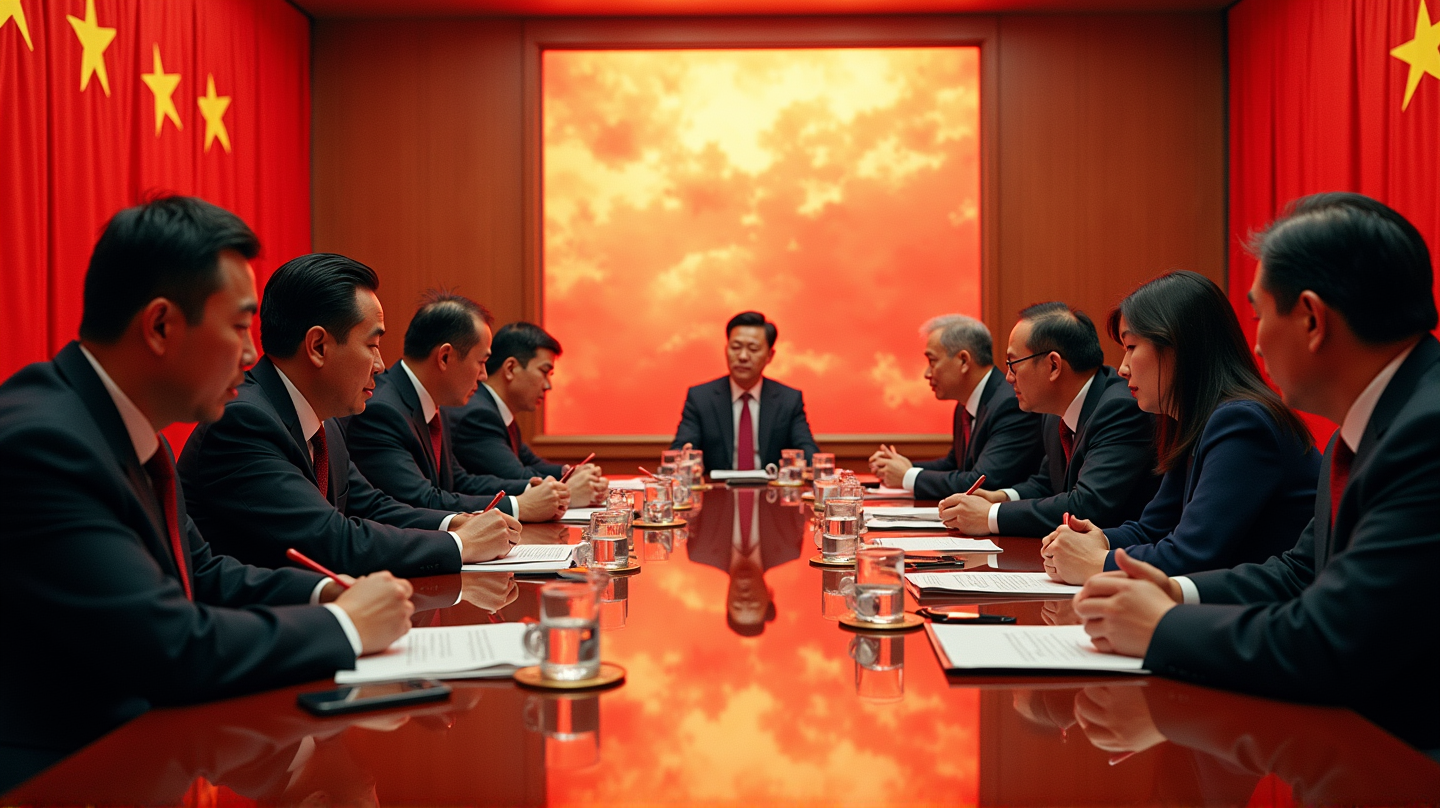In a rare and anticipated convergence of Chinese fiscal and monetary policymakers, speculation is ripe that the nation is on the brink of introducing measures to invigorate its economy. Could this be the turning point for China’s financial landscape?
Unveiling the Key Players
Last Wednesday, an unusual coalition was formed as Vice Finance Minister Liao Min and People’s Bank of China Deputy Governor Zou Lan, among other key officials, convened to pledge robust cooperation. This alignment is a notable event in an often-modular administrative approach, signaling potential shifts in economic strategy.
What It Means for China’s Economy
Market watchers have interpreted the meeting’s agenda as a hint that China might adopt a more relaxed monetary policy. Such a strategy could potentially accelerate bond market activities and stimulate economic growth within 2025.
Insights from Industry Analysts
According to insider insights from brokerages such as Caitong Securities Co., the government’s openness to dialogue and cooperation is a positive signal for potential economic rebalancing. What adjustments could we foresee in China’s fiscal policies?
The Future of Fiscal Easing
Though the specifics remain a subject of speculation, the broader outlook suggests a possibility of easing fiscal measures. Analysts remain cautiously optimistic, suggesting that this meeting could mark the beginning of proactive policy shifts.
As the world watches, China’s pledge for enhanced coordination within its economic framework could herald newfound stability and bolster investor confidence. According to Bloomberg Law News, such policy movements are likely to redefine the financial strategies adopted in the coming months.
